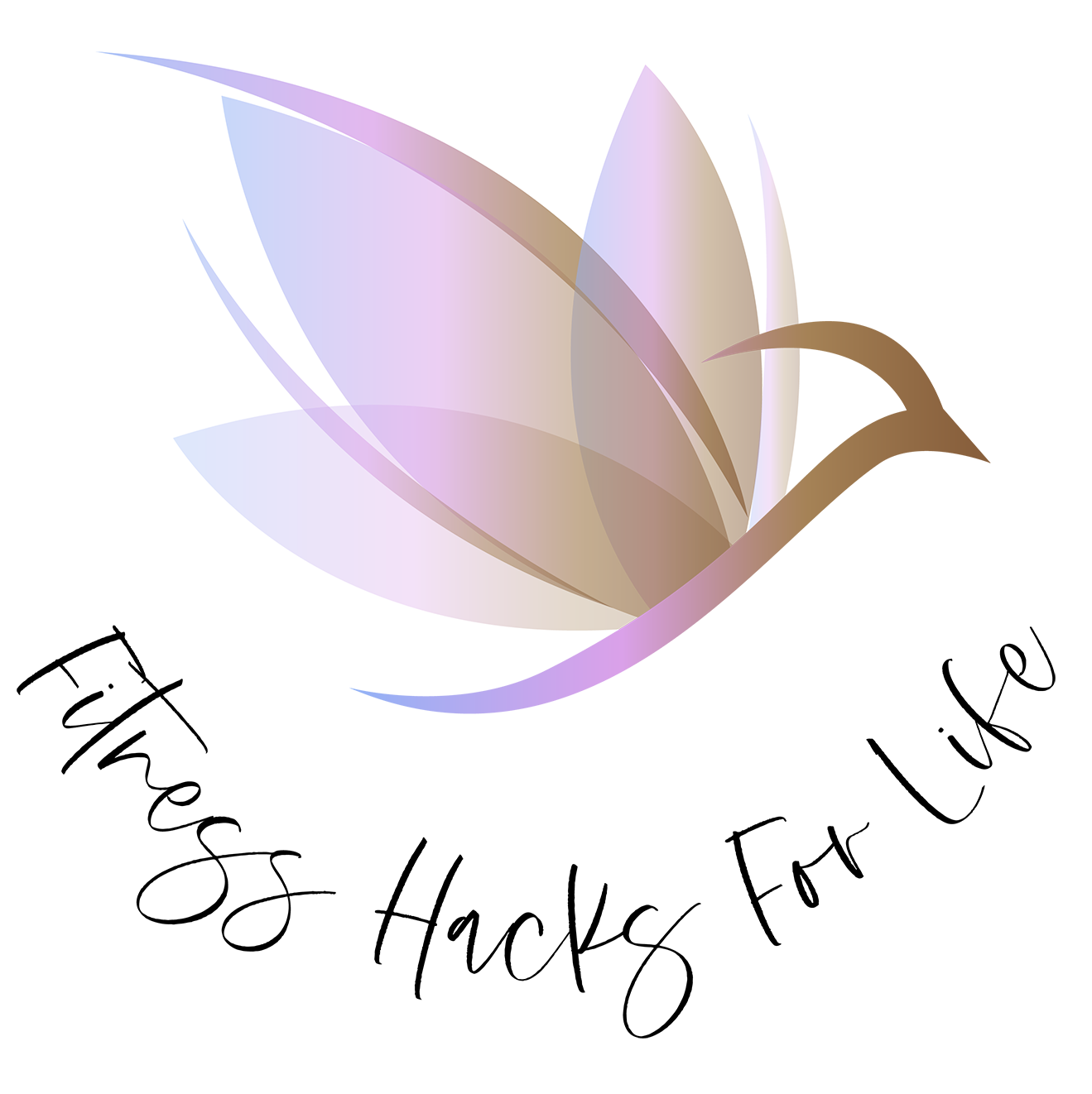Human relationships thrive on mutual respect, trust, and reciprocity. But sometimes, you may find yourself giving far more than you’re receiving. Whether in friendships, romantic partnerships, or professional connections, being “used” can leave you drained, resentful, and questioning your own worth. Recognizing the signs early can help you set boundaries, protect your emotional health, and invest your energy where it is truly valued.
Below are key indicators that someone may be using you, along with research-backed insights on why these dynamics occur and what you can do about them.

1. The Relationship Feels One-Sided
A healthy relationship involves give-and-take. If you notice that you’re always the one making sacrifices—whether it’s your time, money, or emotional energy—it may be a sign that the other person is more interested in what they can gain than in genuinely connecting.
According to research on reciprocity in relationships, mutual exchange is a critical factor in long-term satisfaction (Gouldner, 1960). When this balance is disrupted, feelings of exploitation often arise.
Example: A friend only calls when they need a favor but is never available when you need support.
2. They Disappear When You’re Struggling
True friends and partners show up during both the highs and lows. If someone is present only during good times but vanishes when you’re dealing with hardship, it could be a red flag.
Psychologists note that authentic social support involves emotional, informational, and practical help during times of stress (Cohen & Wills, 1985). A lack of support in difficult moments suggests conditional involvement—meaning they’re there only when it benefits them.
3. They Guilt-Trip You into Compliance
Emotional manipulation is a common tactic used by people who exploit others. If the individual frequently makes you feel guilty for saying “no,” or accuses you of being selfish when you set boundaries, this is a sign they are prioritizing their needs over your well-being.
Research on guilt induction shows that it is often used as a strategy to control others’ behavior, undermining autonomy and increasing resentment (Baumeister, Stillwell, & Heatherton, 1994).
4. Your Value to Them Is Transactional
Pay attention to whether your interactions feel authentic or transactional. Do they only engage with you when they need money, connections, or emotional reassurance? If the relationship feels more like a transaction than a genuine bond, chances are you’re being used.
Experts in social exchange theory highlight that while relationships do involve exchanges, exploitation occurs when one person consistently benefits at the expense of the other (Emerson, 1976).
5. They Show Little Interest in Your Life
When someone genuinely values you, they care about your thoughts, feelings, and experiences. If conversations are always centered on them, and they rarely ask about your life, it’s a sign of imbalance.
A study on conversational reciprocity found that people who show low engagement in mutual sharing are often perceived as less likable and trustworthy (Vangelisti, 2009).
6. You Feel Emotionally Drained After Interacting
One of the clearest indicators of being used is how you feel after spending time with the person. Do you leave the interaction feeling uplifted, or do you feel depleted, anxious, or resentful?
According to the American Psychological Association, emotional exhaustion is a key symptom of being in exploitative or toxic relationships (APA, 2020).
7. They Don’t Respect Your Boundaries
Respect for personal limits is essential in any healthy relationship. If someone repeatedly ignores or pushes past your boundaries, it suggests they value their needs above your comfort and autonomy.
Research in boundary-setting highlights that those who respect healthy boundaries are more likely to foster trust and long-lasting relationships (Hall, 2019).
How to Protect Yourself
Recognizing these signs is the first step, but protecting yourself requires action. Here are some strategies:
- Set Clear Boundaries: Communicate your limits firmly and consistently.
- Evaluate Reciprocity: Reflect on whether the relationship truly adds value to your life.
- Practice Self-Compassion: Remind yourself that you deserve respect and mutual care.
- Seek Support: Talk to trusted friends, a therapist, or support groups for perspective.
- Be Willing to Walk Away: Sometimes, the healthiest choice is to end a relationship that consistently leaves you feeling used.
Final Thoughts
Being used by someone can erode your self-esteem and emotional well-being if left unchecked. By recognizing the warning signs—such as one-sided giving, lack of support, manipulation, or disregard for your boundaries—you can take steps to protect yourself and invest in healthier, more reciprocal relationships.
At the end of the day, genuine connections are built on mutual respect and care. You deserve relationships where you feel valued not for what you can provide, but for who you are. How to tell someone is a good friend
References
- American Psychological Association. (2020). Stress in America 2020: A National Mental Health Crisis. APA.
- Baumeister, R. F., Stillwell, A. M., & Heatherton, T. F. (1994). Guilt: An interpersonal approach. Psychological Bulletin, 115(2), 243–267.
- Cohen, S., & Wills, T. A. (1985). Stress, social support, and the buffering hypothesis. Psychological Bulletin, 98(2), 310–357.
- Emerson, R. M. (1976). Social exchange theory. Annual Review of Sociology, 2, 335–362.
- Gouldner, A. W. (1960). The norm of reciprocity: A preliminary statement. American Sociological Review, 25(2), 161–178.
- Hall, J. A. (2019). Relational boundary regulation: Managing closeness and distance in personal relationships. Communication Research Reports, 36(1), 1–12.
- Vangelisti, A. L. (2009). Conversational reciprocity and its effects on relationships. Interpersonal Communication Research Journal, 23(4), 450–468.


Leave a Reply